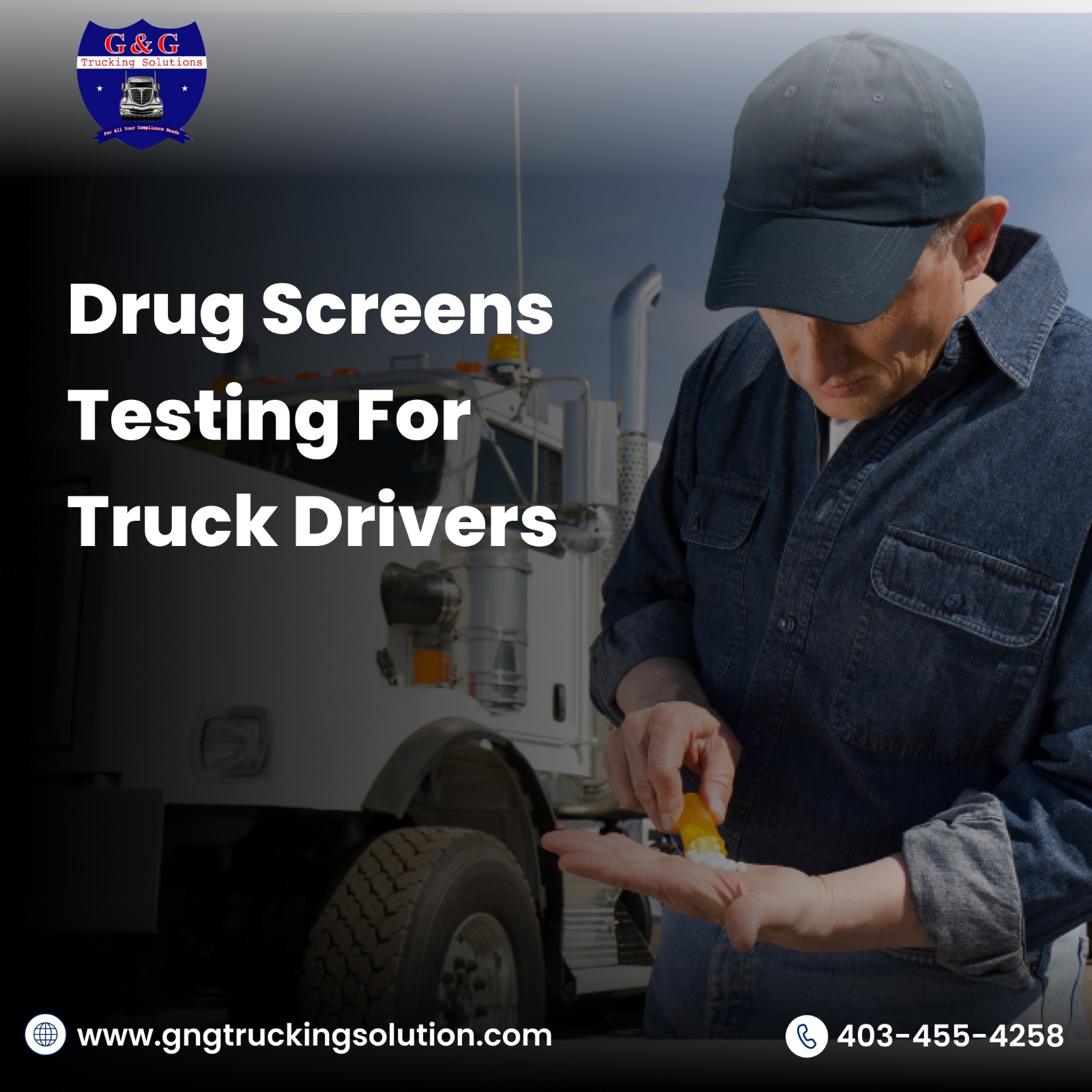
Drug Screens Testing for Employment is a critical component of the hiring process for many industries. It ensures that employers hire individuals who meet safety and compliance standards, thereby minimizing risks and liabilities. This article delves into the specifics of pre-employment drug testing, outlining the mandatory requirements across various sectors such as transportation, healthcare, and federal employment. We also provide actionable advice for small business owners and HR professionals on how to implement and manage a compliant drug testing program.
Industries and Positions Where Pre-Employment Drug Testing is Mandatory
Pre-employment drug testing is mandated in several industries, primarily due to safety concerns, regulatory compliance, and legal liabilities. Here are some key sectors:
Transportation
The transportation industry, particularly those involving commercial driving and aviation, has stringent drug testing regulations. The Department of Transportation (DOT) mandates drug testing for commercial drivers, pilots, and other safety-sensitive transportation roles. This is to ensure the safety of passengers and the general public.
Healthcare
In the healthcare sector, pre-employment drug testing is often required to ensure that healthcare professionals, including doctors, nurses, and support staff, can provide safe and effective care. Drug use can impair judgment and performance, leading to potential harm to patients.
Federal Employment
Federal employment, particularly in agencies like the Department of Defense and Homeland Security, requires pre-employment drug testing. This ensures that employees in sensitive positions maintain the highest standards of reliability and trustworthiness.
Legal Requirements and Regulations
Understanding legal requirements and regulations is crucial for implementing a compliant drug testing program. Here are some key points:
Federal Regulations
The DOT has specific guidelines for drug testing in the transportation sector, including the types of substances tested and the testing procedures. The Drug-Free Workplace Act of 1988 mandates that federal contractors and grantees maintain a drug-free workplace.
State Laws
State laws vary widely regarding pre-employment drug testing. Some states have specific regulations that outline how and when drug testing can be conducted. It is essential for employers to be aware of their state’s laws to ensure compliance.
Industry Standards
Many industries have their own standards and best practices for drug testing for drivers, which may be more stringent than federal or state regulations. Employers should align their policies with these standards to maintain industry compliance.
Implementing a Compliant Drug Testing Program
For small business owners and HR professionals, implementing a compliant drug testing program involves several steps:
Develop a Clear Policy
Start by developing a comprehensive drug testing policy that outlines the purpose, scope, and procedures of the program. Ensure that the policy is compliant with federal and state laws, as well as industry standards.
Select a Reputable Testing Provider
Choose a certified and reputable drug testing provider to conduct the tests. Ensure that the provider follows all legal and regulatory guidelines.
Communicate with Employees
Clearly communicate the drug testing policy to all employees and job applicants. Provide information on the types of tests conducted, substances tested for, and the consequences of a positive test result.
Maintain Confidentiality
Ensure that all drug testing results are kept confidential and are only shared with authorized personnel. This helps protect employee privacy and maintain trust.
Case Studies and Real-World Examples
Consider the case of a transportation company that implemented a stringent drug testing program. By doing so, they not only reduced the number of accidents but also saw a significant decrease in insurance premiums. Similarly, a healthcare facility that enforced a strict drug testing policy reported fewer incidents of medical errors and improved patient care outcomes.
Data and Research
Research supports the importance of pre-employment drug testing. According to a study by the Society for Human Resource Management (SHRM), companies that conduct drug testing report 50% less workplace accidents and 40% less employee theft. Furthermore, a National Institute on Drug Abuse (NIDA) report highlights that drug use in the workplace costs employers more than $100 billion annually in lost productivity and healthcare costs.
Step-by-Step Process for Setting Up a Drug Testing Policy
Here is a clear, step-by-step process for setting up a drug testing policy:
- Research Legal Requirements: Understand federal, state, and industry-specific regulations.
- Develop the Policy: Create a comprehensive written policy.
- Select a Testing Provider: Choose a certified provider for conducting tests.
- Communicate the Policy: Inform employees and job applicants about the policy.
- Implement the Policy: Begin conducting tests as per the policy guidelines.
- Maintain Records: Keep detailed records of all tests and results.
- Review and Update: Regularly review and update the policy to ensure ongoing compliance.
By following these steps, employers can develop and enforce a compliant drug testing policy that aligns with legal requirements and best practices.
Conclusion
drug screens testing for employment calgary is a vital process for many industries, ensuring safety, compliance, and productivity. By understanding the legal requirements and implementing a comprehensive drug testing program, employers can mitigate risks and promote a safe workplace. With the actionable advice and steps provided in this article, HR professionals and small business owners can confidently develop and enforce a compliant drug testing policy within their organizations.




